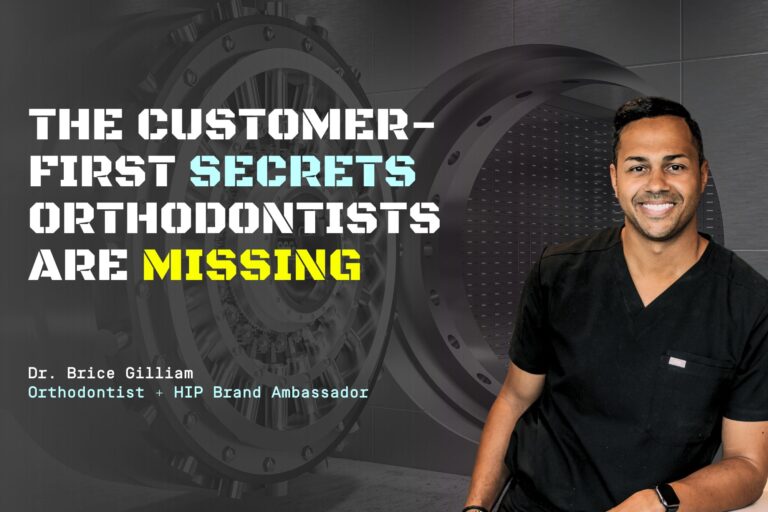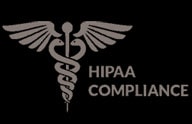Regardless of the setting in question, providing healthcare services requires a great diversity of roles across the board. At the top of the pyramid, of course, are physicians, followed by Physician Assistants (PAs) and Nurse Practitioners (NPs), Nurses (RNs) and/or Licensed Practical Nurses (LPNs), Medical Assistants (MAs), and lower-level personnel, including administrative assistants. Some of these “players” may have only recently joined the team or the industry, while others may be retiring or changing jobs soon.
Things are further complicated by the differing personalities & skill sets, constantly changing policies, laws and legal/professional expectations, and a public that is sometimes too-well-informed for their own good or, in contrast, not knowledgeable enough to know when serious mistakes have been made that may drastically affect their health in the long run.
All these complicated variables tell us, if nothing else, that working in a healthcare setting today is easily one of the most demanding, uncompromising and potentially frustrating roles of any workplace.
Because there is so much at stake (most ostensibly, people’s lives) and the margins for error are so narrow/unforgiving, there is no question that the best way to properly manage a healthcare practice or facility today is by putting together the most competent, experienced, devoted and committed team possible.
THE IMPORTANCE OF HAVING A COMMON GOAL
“Clearly establish what your practice’s or facility’s main goal or vision is; effectively communicate such to every member of your team!”
This may sound like a cliché or “given” in most successful organizations but this step can very well be the foundation of everything else you say or do in running/managing your site.
It’s a matter of making sure that everyone is on the same page, clearly understands what the over-all motivating factor is and what your facility/practice is there to accomplish and achieve. Underscoring this “vision” are the different roles that need to be played by each member of the team—the main impetus being giving each member a sense that:
- he/she matters,
- is a valuable member,
- is expected to collaborate well and meaningfully at all times,
- and is expected to provide useful input, especially in regard to problems, deficiencies, and shortcomings.
WHY ESTABLISHING & MAINTAINING GOOD COMMUNICATION IS ESSENTIAL

No “team” can perform well unless the members thereof can establish and maintain strong relationships and strong relationships just don’t happen without effective, sincere and efficient communication. No one is saying that this is easy—in fact, in many settings, a superficial type of communication is often in place which may look good on the outside but usually can’t stand the heat when things start to go wrong.
Of course, authentic, meaningful communication practices and channels must come from the top, down to the lowest levels. This can start by forming genuine connections with staff members. Having regular meetings and talking politely to personnel helps but you may have to go deeper than that.
Encourage sessions where you let everyone just “chew the fat” and give personal opinions and views, maybe in a setting that includes a free meal. The idea is to personally get to know your staff and connect with them beyond “professional” channels or regular work give-and-take.
At the very least, you need to hold regular meetings with staff but, again, if all you’re going to do is go over business matters, then you may not make those personal connections that will lead to the best relationships achievable. What do staff members know about each other on a personal level?
Be prepared to meet with reluctance, especially from staff members that came from “clinical” (another word for “metallic” or “cold”) settings where they never got to know anything personal about the people they worked with for years. If they absolutely insist that those settings are preferable, then maybe they are not best suited for your facility/practice.
This isn’t to say that you shouldn’t give people a chance to change and to adapt. This is, after all, though, your facility/practice. Do you let your nurses or MAs tell you how to practice medicine? Then why would you let them not accept the types of work relationships you think are best for your site?
As harsh as it may sound, this isn’t something that staff members are in a position to challenge—they can either come on board or they can leave. It’s that simple.
Your responsibility is to create the best work environment possible—if some people don’t want what is, after all, best for them in the long run, it’s their loss, not yours. The well-being of the team, not necessarily reluctant individuals (as well as patients) is your main responsibility—keep that in mind and everything will work out for the best.
WHY EVERYTHING CAN FALL APART WITHOUT GOOD TRANSPARENCY & ACCOUNTABILITY
Although it may not be the norm these days in some places, it is essential that you be 100% honest and open with your staff. If to touch upon just one plausible scenario, major changes are coming to the practice or the facility, make sure that you keep staff members fully apprised of the matter.
You can take the “they don’t need to know the big picture” authoritarian approach but, if that’s your attitude, then you don’t have much respect for your staff. If the changes are going to affect members of your staff, then you need to bring them in—in fact, consider getting their feedback/opinions on the changes before you agree to make them.
Maybe they will offer perspectives and ideas that you ultimately find refreshing and useful. At the very least, letting staff know about these major decisions helps to establish a stronger relationship with them. This doesn’t mean, by the way, that you are relinquishing any of your power or authority. You are still in charge; the final decisions are still yours.
By letting everyone in on the “action,” though, you can develop a policy of full transparency, honesty, and integrity; it also loudly says that you are willing to be held accountable for your actions. Your staff should, if anything, appreciate that you are willing to share that accountability—they can’t, for example, judge you too harshly if plans don’t go well if they were given a forum to voice their opinions before the decisions were made.
HOW TO ESTABLISH A SOLID, TEAM-SPIRIT FOUNDATION
Some critics of team-oriented approaches to managing healthcare facilities/practices (who probably prefer a more dictatorial style of management), might say that building these types of “ideal,” highly cooperative, well-engaging, and personally-committed teams is simply too time-consuming, expensive and unnecessarily burdensome on doctors and healthcare facilities.
What you must ask these people is “What is YOUR alternative?”
Clearly, possessing high medical competence & business know-how, being authoritative and tough on employees, etc., can indeed keep an operation moving.
But, if by building a solid team spirit that includes strong relationships, good communication practices/channels, transparency and accountability, mistakes are reduced, over-all care is greatly enhanced, patients are more readily satisfied, and the staff is happy, fulfilled, well-rested, emotionally-stable and eager to come to work each day, then why would anyone in their right mind or for any good intention oppose such a wonderful paradigm?
As a healthcare practitioner your job isn’t just to serve your patients, heal, cure and treat—it’s also to make sure that you establish the proper type of foundation which not only makes your job easier but also takes care of all the needs the people working for you must have addressed so that they can do their best for you and the patients you claim are your top priority.
If your patients are indeed your top priority, then you must make sure that the people that give these patients their shots, take their vitals and help them follow your instructions are well-equipped/prepared to do their jobs to the best of their abilities.
Until they invent something better, the best way to meet these goals/objectives is by forming and fostering well-coordinated teams. To date, this is one of the best “foundations” on which to build a superlative healthcare setting.
CONCLUSION
Although there may be several ways that you can manage a healthcare facility/practice, the one that is the most effective, efficient, caring, medically competent, accountable, transparent and trustworthy is one that is delivered by well-managed, well-coordinated and extremely-well-trained teams of healthcare professionals with a solid background in the different areas medical care expertise.










